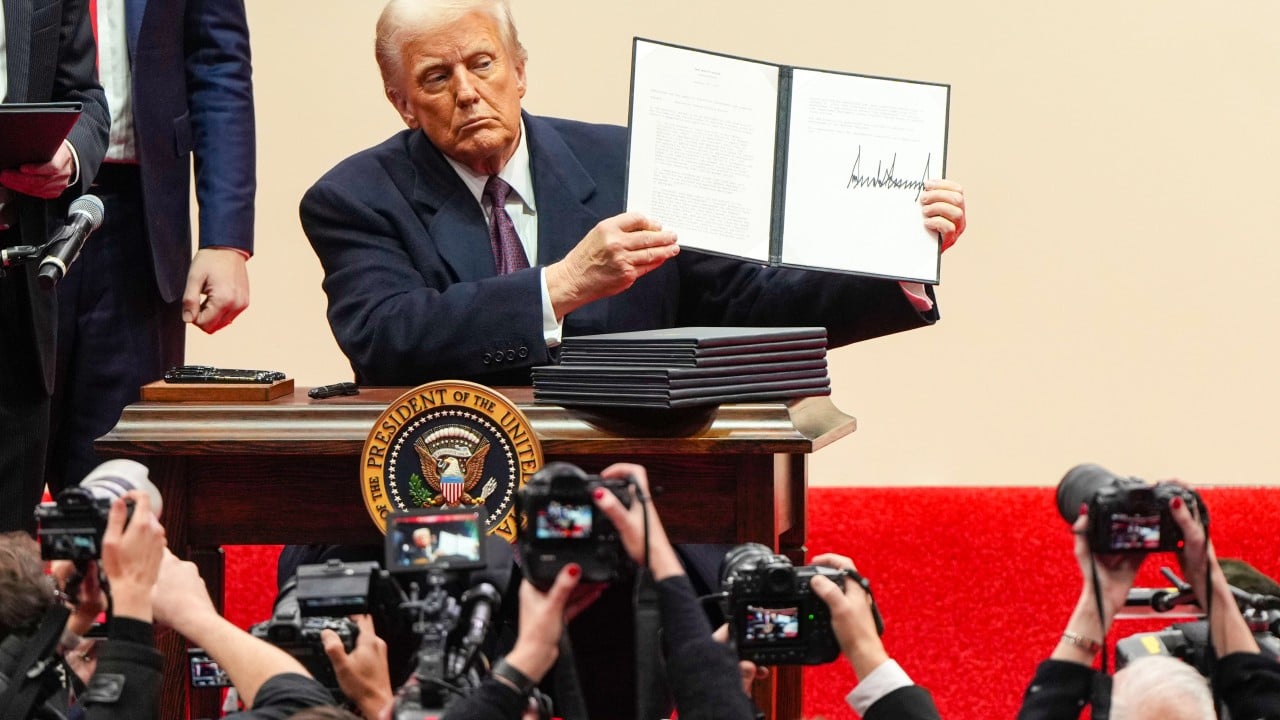Da Wei is director of Tsinghua University’s Centre for International Security and Strategy in Beijing. His research focuses on China-US relations and US security and foreign policy. In this interview, he discusses US President Donald Trump’s inauguration speech and first day back in the White House.
Advertisement
I’d like to start by asking about US President Donald Trump’s first day in office. While he did not impose any immediate tariffs, US reports stated that he would issue a broad memorandum directing federal agencies to assess unfair trade practices by countries including China. He also mentioned China once in his inauguration speech, vowing to “take” the Panama Canal from China. Considering these early moves, how do they signal the tone and approach Trump will adopt towards China during his presidency?
As you said, in his inaugural speech, he didn’t mention China a lot. It’s mainly about the domestic agenda like illegal immigrants, the so-called culture war, and also criticising the Democratic Party and the Biden administration, and boasting [about] the bright future of the United States. So mainly, it’s not about foreign policy issues.
His inaugural speech mainly focused on domestic issues, so that shows that for the early stages of his term, I think the domestic agenda will be his top priority – at least in the early phase, in the first several months.
Of course, the tariff issue is still there and it’s a very important topic for Trump during the campaign trail. And he did mention that he will set up the External Revenue Service, a new government agency, which I think one of its jobs … is about raising tariffs to get more revenue from other countries internationally. So I think this is still on his agenda. I think he will do that sooner or later. He also mentioned, very interestingly, President [William] McKinley, who also raised tariffs in his term almost 130 years ago.
Advertisement
He postponed the imposition of the tariff … to give room to, on the one hand, his government and, on the other hand, other countries, including China, for some negotiation.
Of course, we don’t know what [Chinese] President Xi Jinping and President Trump talked about during their phone call three days ago. But I think that China and the United States are now in a quite good communication process. I’m not sure if tariffs are one of those issues [discussed] but I think it would be reasonable if that’s one of the topics.

